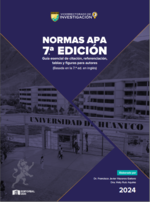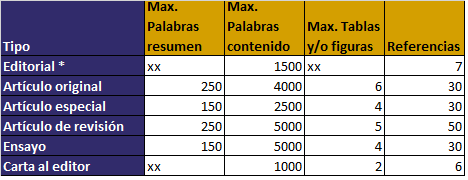Orality workshop: an innovation proposal to improve oral expression of students
DOI:
https://doi.org/10.37711/desafios.2019.1.2.73Keywords:
Basic education, parents, Oral expression, Experimental method, Educational workshop.Abstract
Objective. To determine the influence of implementing an Orality workshop for students of regular basic formation at Educational Institution N° 32023 of Vinchos, in Huanuco, 2018. Methods. Research approach was quantitative, with a quasi-experimental design. Population comprised 22 students of regular basic formation at Educational Institution N° 32023 of Vinchos. Huanuco. Prior their parents or guardians’ consent. A checklist was applied on the Orality workshop to improve students’ oral expression. This checklist was previously validated. Hypothesis was verified using Wilcoxon test, considering a p <= 0.05. Results. In the entrance test, results of oral expression were similar in both experimental and control groups. After the intervention, it was found that the average of the experimental group was 1.65, while the control group was 0.35. This showed that students in the experimental group achieved better oral expression scores than those in the control group. Student’s T test was used to verify if these values are significant, obtaining a p <= 0,000. It demonstrated that the intervention of experimental workshops develop capacities related to oral expression in students, in comparison to the group that did not receive the intervention. Conclusion. Implementing an Orality workshop influenced the development of oral expression of the sample under study. Therefore, research hypotheses were accepted.
Downloads
Downloads
Published
How to Cite
Issue
Section
License
Copyright (c) 2021 Desafios

This work is licensed under a Creative Commons Attribution 4.0 International License.
a. Los autores conservan los derechos de propiedad intelectual (copyright) de las obras publicadas, cediendole a la revista el derecho de primera publicación.
b. Los autores retienen sus derechos de marca y patente, y también sobre cualquier proceso o procedimiento descrito en el artículo.
c. Los autores retienen el derecho de compartir, copiar, distribuir, ejecutar y comunicar públicamente el artículo publicado en la RD (por ejemplo, colocarlo en un repositorio institucional o publicarlo en un libro), con un reconocimiento de su publicación inicial en la RD.
d. Los autores retienen el derecho a hacer una posterior publicación de su trabajo, de utilizar el artículo o cualquier parte de aquel (por ejemplo: una compilación de sus trabajos, notas para conferencias, tesis, o para un libro), siempre que indiquen la fuente de publicación (autores del trabajo, revista, volumen, número y fecha).
























